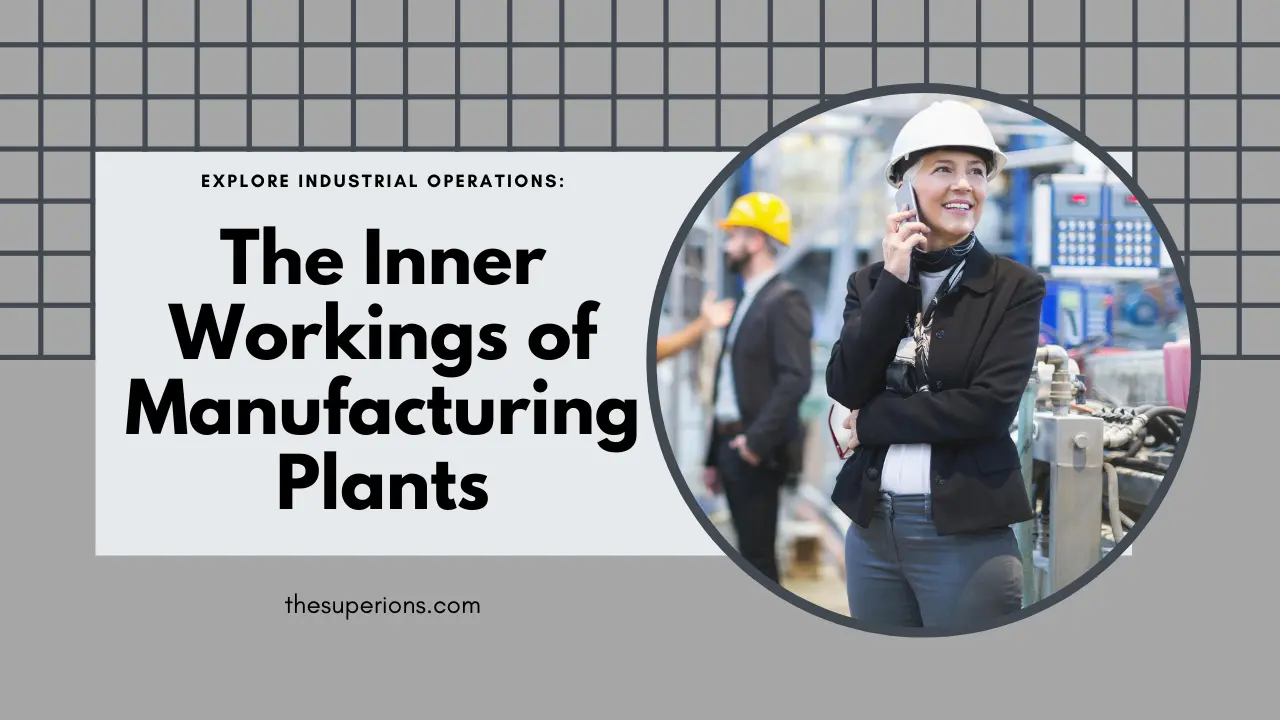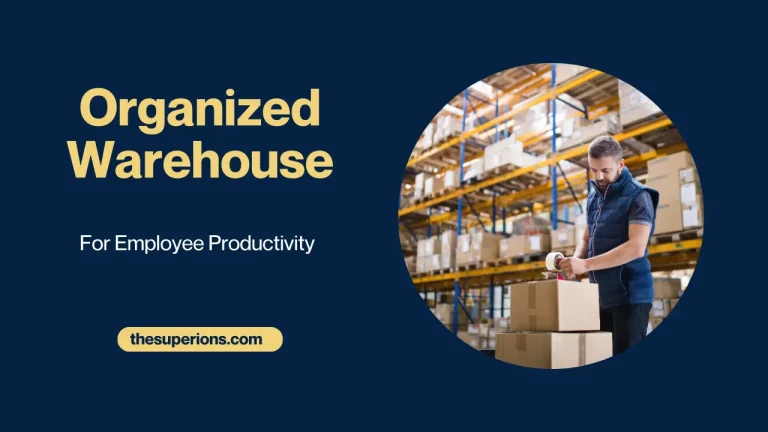Resources for Productive Industrial Operations
Industrial efficiency is not just a matter of cutting costs—it’s about optimizing workflows, leveraging technology, and ensuring sustainability. It’s about finding innovative ways to do more with less, improving product quality while optimizing resource utilization. This multifaceted approach to industrial production can prove transformative for businesses looking to thrive in today’s competitive market. Keep reading to explore the essential resources that foster productive industrial operations across various sectors.

Exploring Modern Technologies in Industrial Efficiency
In today’s industrial landscape, staying competitive hinges on embracing cutting-edge technologies. Advanced systems like evaporator coils are pivotal, enhancing refrigeration and air conditioning efficiency to maintain optimal conditions and product integrity. Meanwhile, automated machinery and robotics have revolutionized production, ensuring precision, safety, and seamless operations previously unimaginable.
People Also Read?
Technological adoption isn’t just about tools; it’s a mindset. Artificial Intelligence and Machine Learning empower predictive maintenance and smarter decision-making, preempting faults and optimizing logistics for improved efficiency. Energy management is also pivotal, with modern solutions like smart sensors and network monitoring software enabling precise control over energy consumption, reducing costs and environmental impact. Embracing these innovations isn’t just an option but a pathway to sustained growth and competitiveness in modern industry.
Implementing Lean Manufacturing Principles for Waste Reduction
Lean manufacturing principles, inspired by the Toyota Production System, aim to maximize efficiency by minimizing waste across all operations—from excessive inventory to inefficient processes. By systematically identifying and eliminating waste, businesses can enhance both profitability and sustainability. Central to lean philosophy is ‘Kaizen’, promoting continuous improvement through small, ongoing changes suggested by employees at all levels, fostering a culture of collaboration and innovation.
Another critical tool in lean manufacturing is value stream mapping, which provides a clear visual of the production process. This method helps pinpoint non-value-added steps, allowing companies to streamline operations and reduce waste throughout the entire product lifecycle. Just-in-time (JIT) production, a core strategy of lean manufacturing, emphasizes producing goods only as needed, cutting inventory costs and minimizing the risk of overproduction, provided there is a responsive supply chain to support it.
People Also Read?
Harnessing the Power of Industrial Internet of Things (IIoT)
The Industrial Internet of Things (IIoT) revolutionizes industrial operations by connecting machines, analytics, and people into intelligent networks. This allows factories to adapt in real-time and proactively address issues. With sensors on IIoT devices gathering extensive data, industries can monitor performance, predict maintenance, and optimize processes, enabling agile decision-making.
Embracing IIoT poses challenges, especially concerning data security. Implementing robust network monitoring software is crucial to ensure the security and reliability of data streams from IIoT devices. This not only protects against cyber threats but also maintains system integrity and operational uptime, vital for industrial environments.
Effective Resource Management through ERP Systems
Enterprise Resource Planning (ERP) systems are essential tools for effectively managing resources in industries. By integrating finance, HR, manufacturing, and supply chain functions into one system, ERPs offer a cohesive view of operations, facilitating informed decision-making. They streamline processes, enhance interdepartmental communication, and minimize errors, fostering better teamwork. This coordination translates directly into operational efficiencies and cost savings.
ERP systems leverage data-driven insights for strategic planning, using predictive analytics to forecast demand, optimize inventory, and improve purchasing decisions. This proactive approach enhances organizational adaptability and resilience to market changes. Though implementing ERP systems requires effort, the benefits are substantial: automation of routine tasks, enabling employees to focus on impactful work, and providing a scalable framework that supports organizational growth and innovation.
Continuous Improvement and Training for Industrial Workforces
Investing in continuous workforce improvement is crucial for industries to stay competitive. By fostering a culture of learning, companies ensure their teams stay updated with the latest technologies and methods, preparing them not just for current roles but also for future challenges. Training should be integrated into daily work routines, tailored to address specific needs, and designed to unleash the full potential of each team member.
Equally important is developing leadership across all levels, as effective leaders drive innovation and steer teams through complex industrial landscapes. Measuring the impact of these initiatives is essential, with clear metrics helping organizations refine their programs for maximum benefit, maintaining a strong competitive edge in the market.
People Also Read?
Conclusions
Overall, the resources discussed throughout this article are not just tools for enhancing productivity; they are investments in the future of industrial operations. By implementing modern technologies, lean principles, IIoT, ERP systems, and continuous training, industries can achieve remarkable efficiency and performance gains. Embracing these strategies leads to resilient and adaptable businesses capable of meeting the demands of an ever-evolving market landscape.





